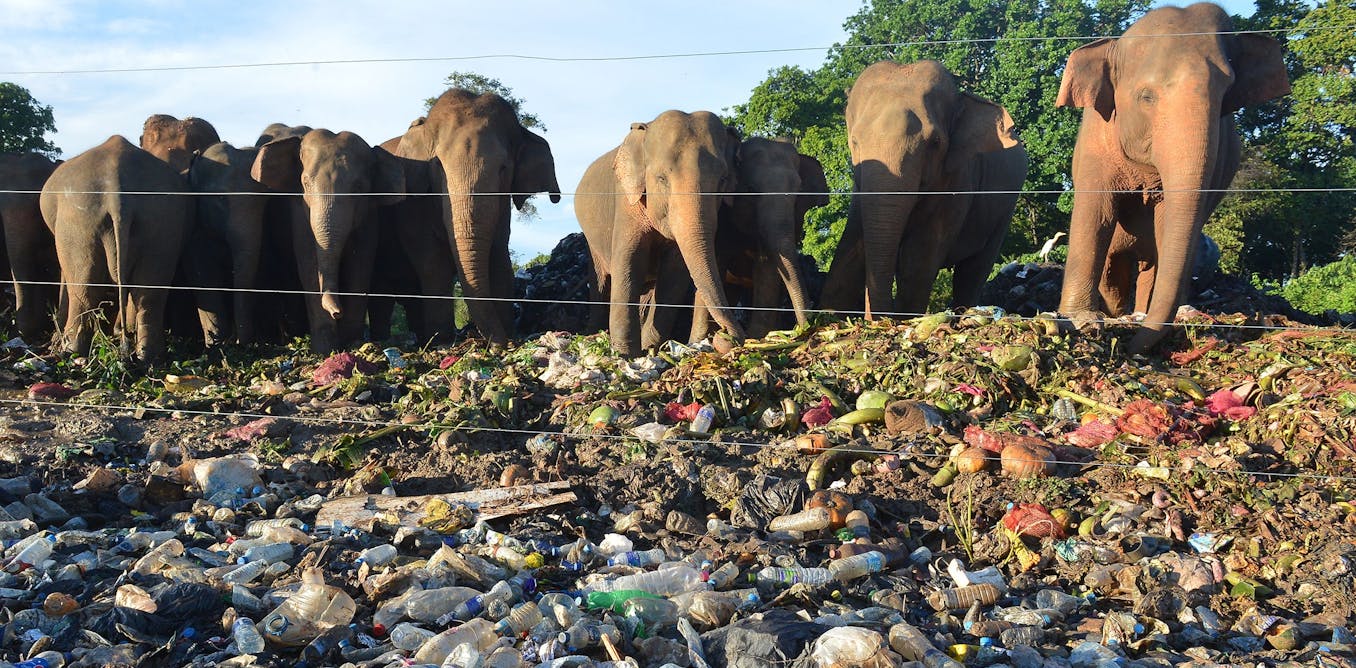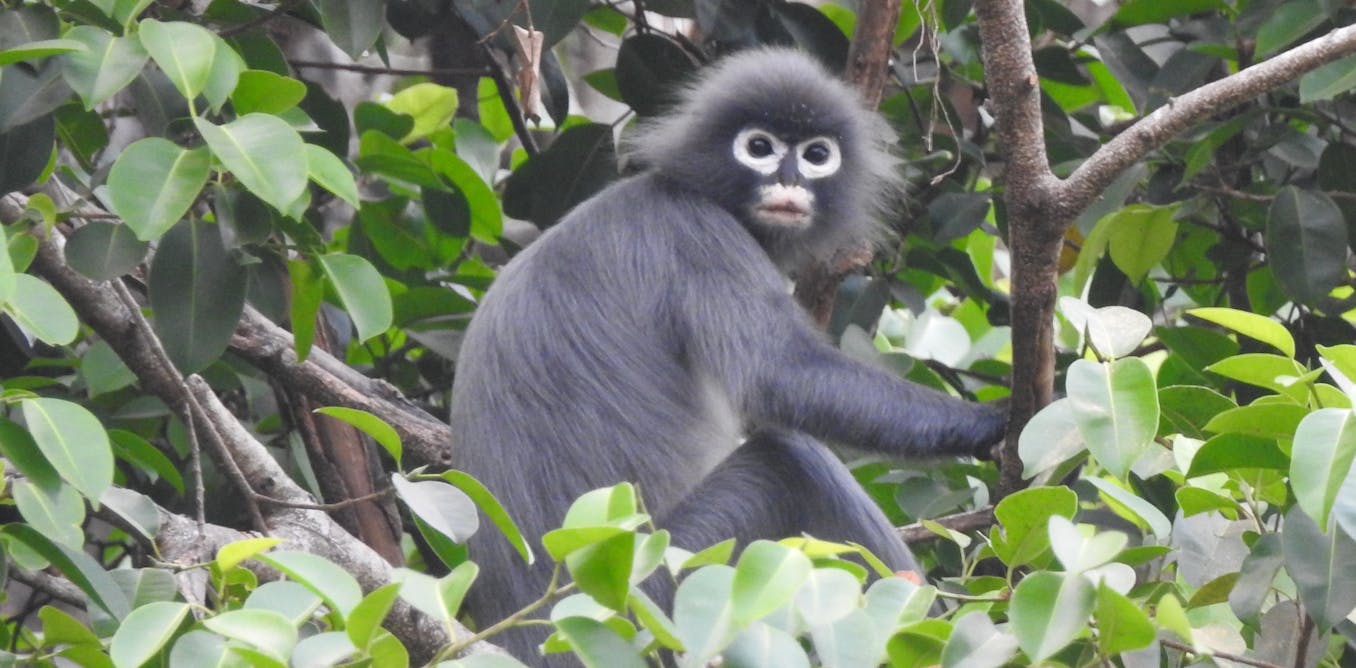Human activities in Asia have reduced elephant habitat by nearly two-thirds since 1700, dividing what remains into ever-smaller patches
A new study looks back into history to assess human impacts on the range of Asian elephants and finds sharp decline starting several centuries ago.
April 27, 2023 • ~10 min




